Movies about women in science and technology careers are rare, and rarer still are movies about science and technology that feature women of color. The award-winning film “Hidden Figures” tells the stories of African-American mathematicians Mary Jackson, Katherine Johnson, and Dorothy Vaughan. These incredible women served as the human computers who calculated the launch and landing trajectories of astronaut John Glenn, who became the first American to orbit the Earth in 1962. These women overcame institutional racism and sexism to become engineers, mathematicians, and computer programmers for NASA, and were recognized as American heroes for their brilliant service. Mary Jackson received an Apollo Group Achievement Award, and was Langley’s Volunteer of the Year in 1976. Katherine Johnson received the Presidential Medal of Freedom from President Barack Obama in 2015. Dorothy Vaughan was the first black supervisor at NASA.
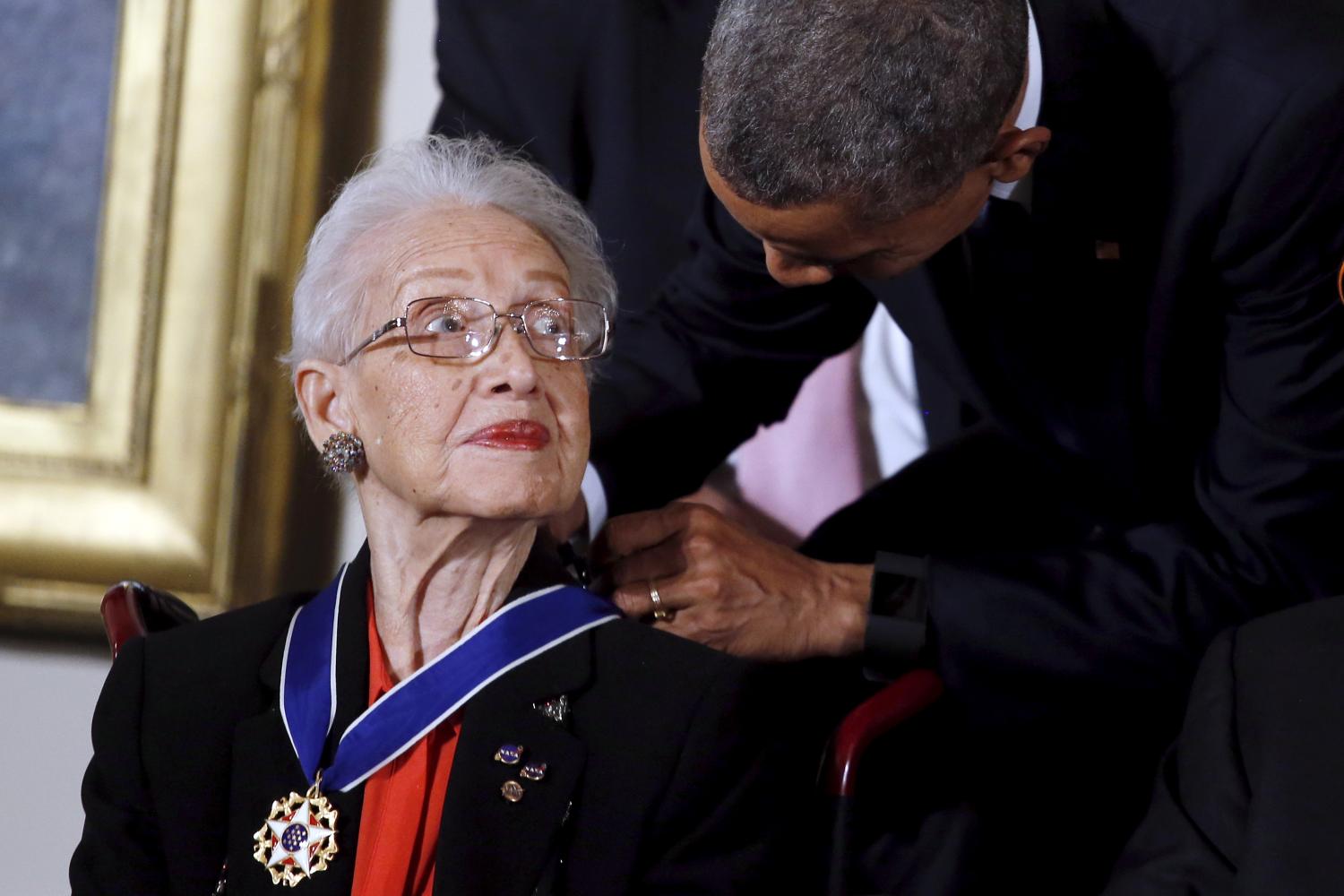
Despite the inspiring stories of these women, women and minority populations still face barriers to studying science, technology, engineering, or math (STEM) or enter a STEM career. Barriers can include implicit bias, negative stereotypes, negative self-assessment, and lack of networks, mentors, and advocates for women and minorities in STEM. To combat these barriers, there are a number of programs, associations, and organizations working to promote women and minorities in STEM.
With more women and minorities in STEM fields, there is more diversity of thought, collaboration, creativity, innovation, and even significant monetary benefits. Mary Jackson, Katherine Johnson, and Dorothy Vaughan are just three examples of the incredible capabilities of women and minorities.
The list below is by no means exhaustive, but includes some of the organizations who are working to advance women and minorities in STEM:
American Association of University Women (AAUW) aims to empower women through educational advocacy as well as research and philanthropy
Association for Women in Science (AWIS) is an organization for women that focuses on creating equity for women in STEM occupations.
Black Girls Code is looking to increase the women of color in STEM fields by exposing young girls to science and technology.
EngineerGirl is an informative website dedicated to increasing female representation in the engineering field.
Girls Who Code is a national non-profit that teaches girls to code with the goal of closing the gender gap in computer sciences.
Journal of Women and Minorities in Science and Engineering publishes original research by people of color in multiple industries that focuses on educational methods for underrepresented groups in STEM fields.
Million Women Mentors (MWM) employs male and female STEM mentors to influence girls to succeed in STEM pathways and careers.
National Action Council for Minorities in Engineering (NACME) wants to create opportunities for minorities in STEM fields through scholarship programs.
National Center for Women & Information Technology (NCWIT) is a collaboration between corporations, academic institutions, and government agencies that aims to increase girl’s participation in technology and computing.
National Gem Consortium (GEM) is an institution that aims to increase the participation of underrepresented groups in graduate programs through outreach and scholarship.
National Math and Science Initiative (NMSI) trains teachers for grades 3-12 in math and sciences with the goal of regaining America’s competitive edge in STEM fields
National Society of Black Engineers (NSBE) is a non-profit organization that focuses on increasing African-American career opportunities in engineering.
Scientista connects women in STEM fields on college campuses.
Society of Hispanic Professional Engineers (SHPE) is a professional organization that connects Hispanic engineers and students worldwide.
Women in Engineering Proactive Network (WEPAN) wants to advance women of diverse communities through higher education.

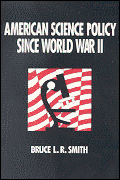

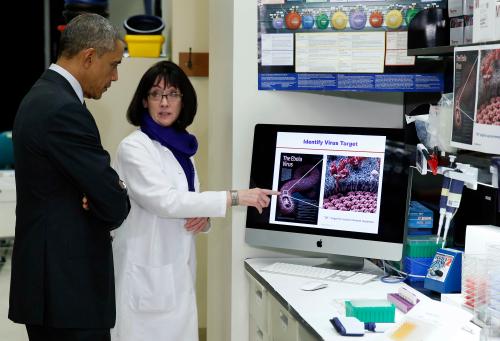
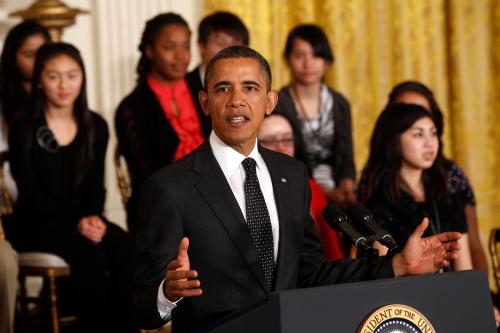
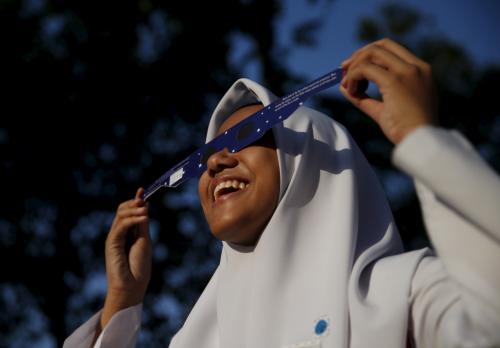
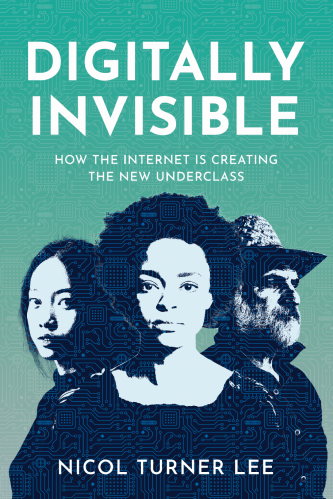


Commentary
“Hidden Figures” highlights the ongoing legacy of women and minorities in STEM
February 8, 2017